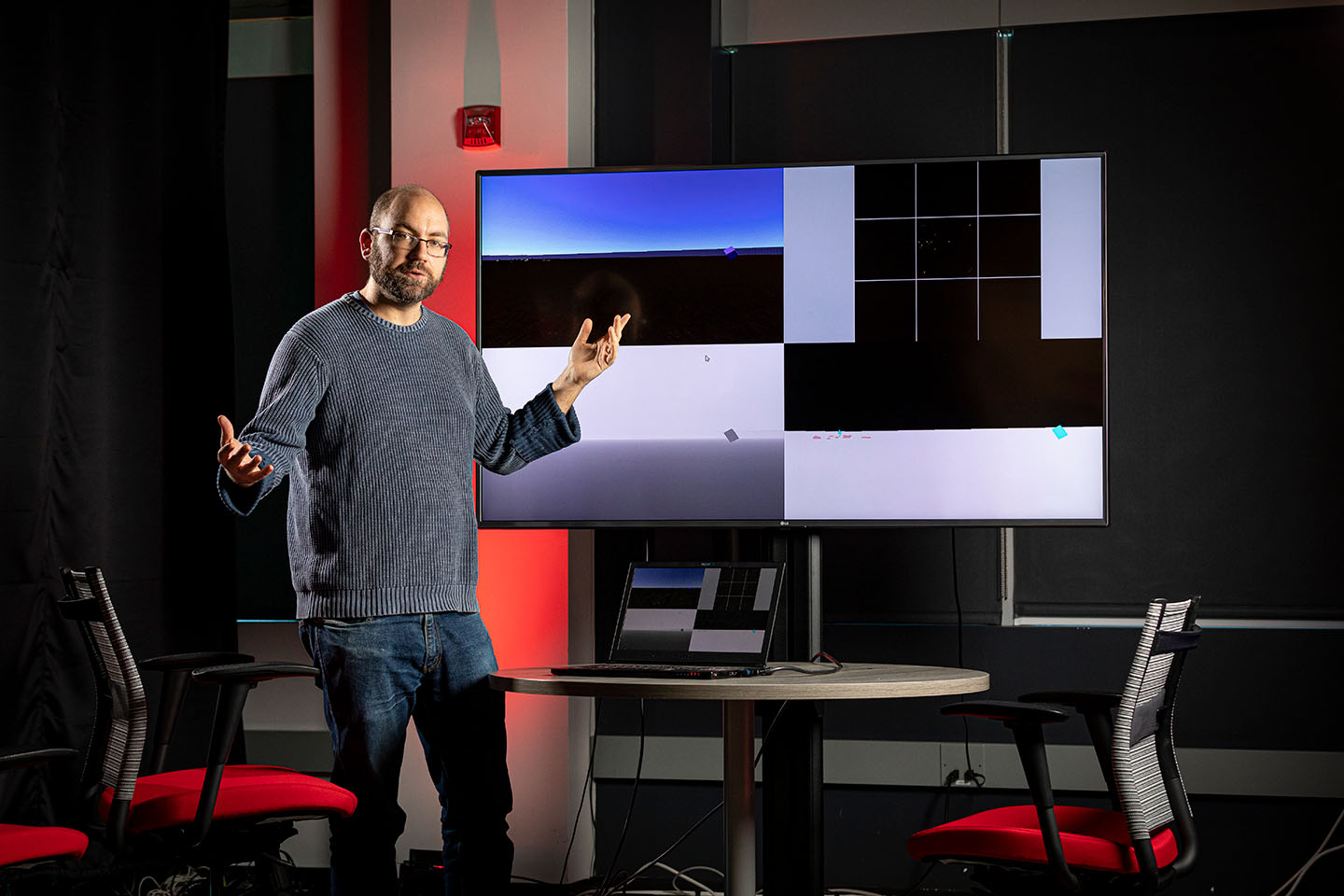Our Contribution
Engineers and scientists in APL’s Intelligent Systems Center are developing systems that continuously improve in the field while applying previously acquired proficiencies to perceive, decide, act, and team in new situations.Related Publication

